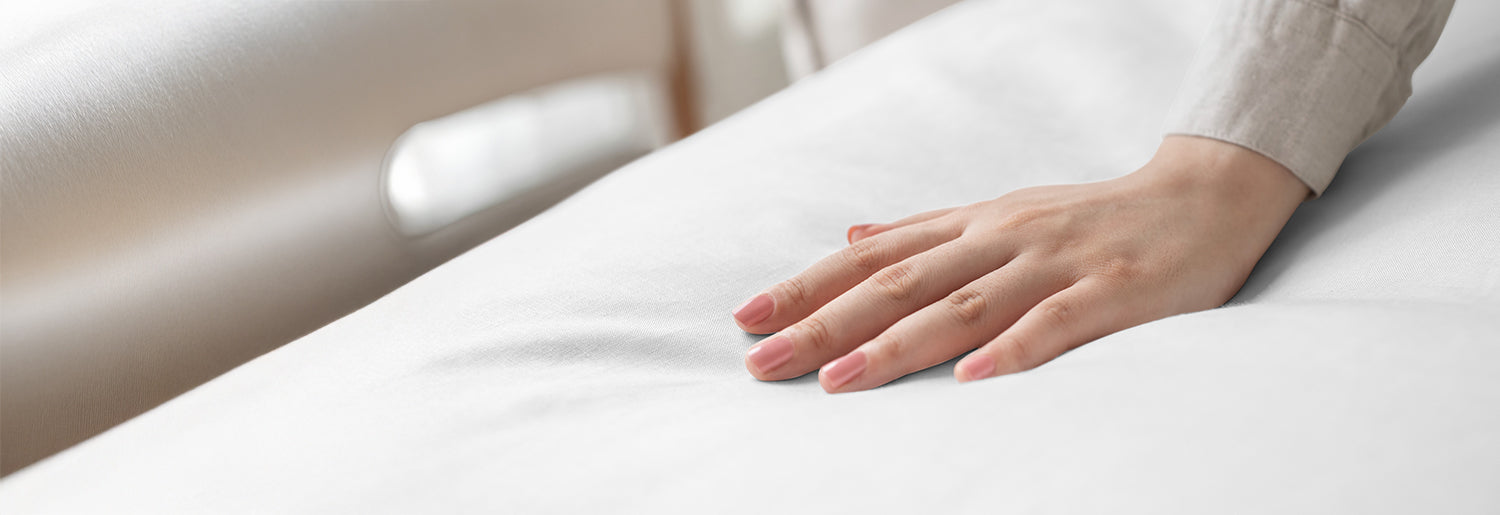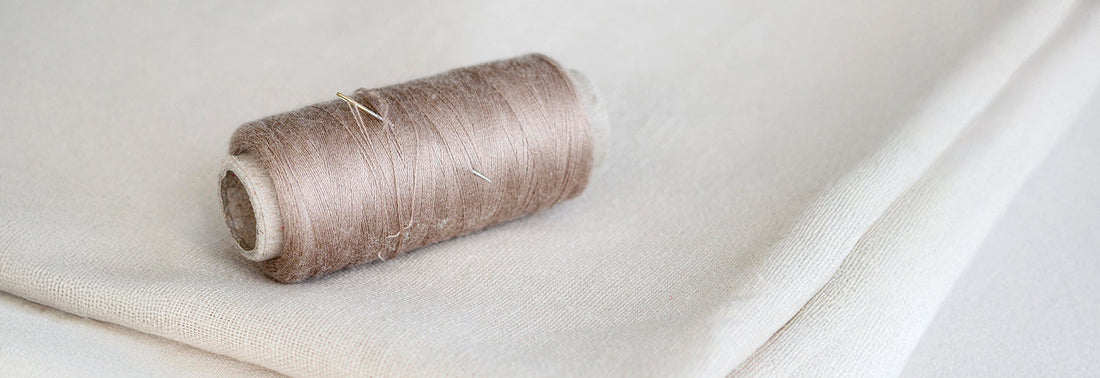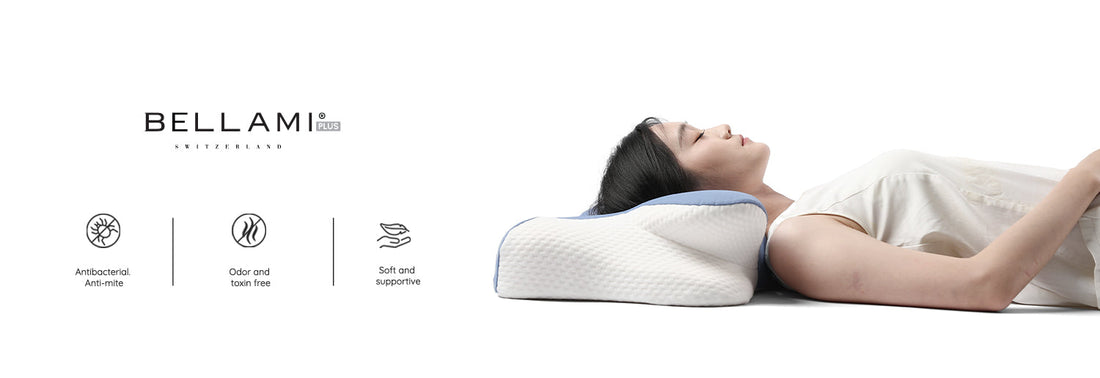 When it comes to choosing bed linens, comfort, sustainability, and durability are key factors. Three popular contenders in the premium bedding world are TENCEL™, Egyptian Cotton, and Bamboo. Each has its own set of advantages and characteristics. In this guide, we’ll break down how these materials compare to help you decide which is right for your sleep sanctuary.
When it comes to choosing bed linens, comfort, sustainability, and durability are key factors. Three popular contenders in the premium bedding world are TENCEL™, Egyptian Cotton, and Bamboo. Each has its own set of advantages and characteristics. In this guide, we’ll break down how these materials compare to help you decide which is right for your sleep sanctuary.
What Are They?
TENCEL™ (Lyocell)
TENCEL™ is a branded form of lyocell, made from sustainably sourced wood pulp (usually eucalyptus). Produced in a closed-loop process, it’s known for being eco-friendly and extremely soft.
Egyptian Cotton
Egyptian cotton is grown in the Nile River Valley and prized for its long-staple fibers. These fibers create smoother, stronger threads that lead to soft, luxurious, and durable fabrics.
Bamboo (Viscose or Lyocell)
Bamboo fabric is derived from bamboo pulp. Like TENCEL™, it can be processed in a closed-loop system (bamboo lyocell), or more chemically (bamboo viscose). It's lauded for being breathable and naturally antibacterial.
Softness and Feel
-
TENCEL™: Smooth, silky, and cool to the touch. Comparable to silk but with a more breathable feel.
- Egyptian Cotton: Crisp at first, but softens with each wash. Feels luxurious and strong.
- Bamboo: Soft and buttery, often compared to cashmere. Has a slight stretch and drapes well.
Breathability and Temperature Regulation
- TENCEL™: Highly breathable and moisture-wicking. Keeps you cool and dry throughout the night.
- Egyptian Cotton: Naturally breathable but depends on the weave (percale = crisp and cool, sateen = warmer and silkier)
-
Bamboo: Excellent at temperature regulation. Feels cool in summer and warm in winter.
Durability
- TENCEL™: Strong when dry, but can weaken when wet. Needs gentle care but maintains softness well.
-
Egyptian Cotton: Exceptionally durable with proper care. Can last for years without pilling or thinning.
- Bamboo: Soft but tends to wear down faster than cotton. Needs careful laundering to maintain longevity.
Eco-Friendliness
-
TENCEL™: One of the most sustainable fabric options. Closed-loop process recycles 99% of water and solvents.
-
Egyptian Cotton: Requires a lot of water to grow and process, and not all “Egyptian cotton” on the market is authentic.
- Bamboo: Sustainable as a raw plant, but traditional viscose processing is chemical-heavy unless it's bamboo lyocell.
Allergies and Sensitivities
-
TENCEL™: Hypoallergenic, moisture-wicking, and resistant to bacteria growth.
-
Egyptian Cotton: Natural and gentle on skin, though less antibacterial than TENCEL™ or bamboo.
-
Bamboo: Naturally antibacterial and ideal for sensitive skin.

Final Verdict
|
Category |
TENCEL™ |
Egyptian Cotton |
Bamboo |
|
Softness |
★★★★☆ |
★★★☆☆ |
★★★★★ |
|
Breathability |
★★★★★ |
★★★★☆ |
★★★★★ |
|
Durability |
★★★☆☆ |
★★★★★ |
★★☆☆☆ |
|
Sustainability |
★★★★★ |
★★☆☆☆ |
★★★☆☆ |
|
Skin-Friendliness |
★★★★★ |
★★★★☆ |
★★★★★ |
So, Which One Should You Choose?
- Choose TENCEL™ if you want something eco-friendly, silky-soft, breathable, and hypoallergenic.
- Choose Egyptian Cotton if you value durability, a crisp hotel-like feel, and are willing to invest.
- Choose Bamboo if you're looking for a soft, and skin-friendly material (especially for hot sleepers).
Ultimately, the “best” material comes down to your personal preferences. Want softness and sustainability? Go TENCEL™. Craving classic luxury? Opt for Egyptian Cotton. Prioritize coolness? Bamboo could be your winner.





